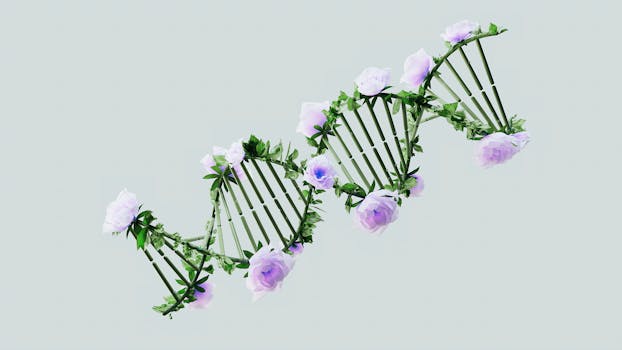
Understanding Genetics and Its Impact on Health

Genetics plays a crucial role in human health and disease. The focus keyword, ‘genetics,’ is foundational in understanding how our biological makeup affects our well-being. Genes are the basic units of heredity, and they carry the instructions for the development, functioning, growth, and reproduction of all living organisms.
Genetic Disorders and Their Implications

Many health conditions arise from genetic mutations or abnormalities. For instance, conditions such as cystic fibrosis, sickle cell anemia, and Huntington’s disease are directly linked to specific genetic defects. Understanding these disorders helps in early diagnosis and management, which can significantly improve patient outcomes.
The Role of Heredity in Disease

Heredity is a key factor in many diseases, where genetic predispositions can increase the risk of developing certain conditions. For example, individuals with a family history of heart disease may be more susceptible due to inherited genetic factors. This knowledge is essential for preventive healthcare strategies.
Genetics and Personalized Medicine

Advancements in genetic research have led to the development of personalized medicine, where treatments can be tailored based on an individual’s genetic profile. This approach maximizes the effectiveness of treatments and minimizes adverse effects, making it a promising avenue for future healthcare.
Conclusion

In conclusion, genetics plays a pivotal role in human health and disease. Understanding genetic factors can lead to better prevention, diagnosis, and treatment options. As research continues to evolve, the integration of genetics into healthcare will undoubtedly enhance our ability to combat various health challenges.



